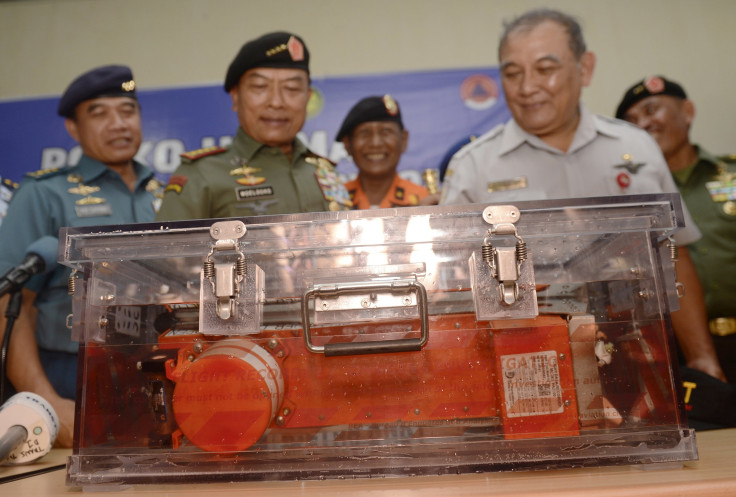AirAsia Flight 8501: Captain Was Out Of His Seat When Co-Pilot Lost Control Of Plane, Sources Say

The captain of AirAsia Flight 8501 left his seat to conduct an “unorthodox procedure” when his co-pilot apparently lost control of the plane, which crashed into the Java Sea on Dec. 28 with 162 people on board, sources close to the investigation said, according to Reuters.
First officer Rémi-Emmanuel Plesel, who had significantly fewer flying hours than the more experienced commander, Captain Iriyanto, was at the controls when the jet made an unusually steep climb causing it to stall and crash.
Investigators have been analyzing the flight data recorders to determine the cause of the crash and authorities are currently investigating factors such as maintenance, procedures and training that may have led to the first disaster to involve the low-budget carrier. Investigators probing the crash are examining maintenance records of the plane’s automated control systems after suspecting a problem with the Flight Augmentation Computers (FAC), Reuters reported earlier.
The pilots reportedly cut power to a critical computer system designed to prevent the aircraft going out of control, a decision which could have been a factor that caused the plane to crash, Bloomberg reported Friday.
"You can reset the FAC, but to cut all power to it is very unusual," an A320 pilot, who did not want to be named, told Reuters. "You don't pull the circuit breaker unless it was an absolute emergency. I don't know if there was one in this case, but it is very unusual."
The Airbus A320-200 disappeared from radar screens during its flight from Surabaya, Indonesia, to Singapore, after the pilot requested for a change of course to avoid unfavorable weather conditions.
“The co-pilot pulled the plane up, and by the time the captain regained the controls it was too late,” one of the people familiar with the investigation said.
Air France 447, which crashed into the Atlantic Ocean on June 1, 2009, killing all 228 people on board, was also being controlled by an inexperienced co-pilot who lifted the Airbus A330-200's nose instead of lowering it and induced a stall that contributed to the crash.
© Copyright IBTimes 2024. All rights reserved.











